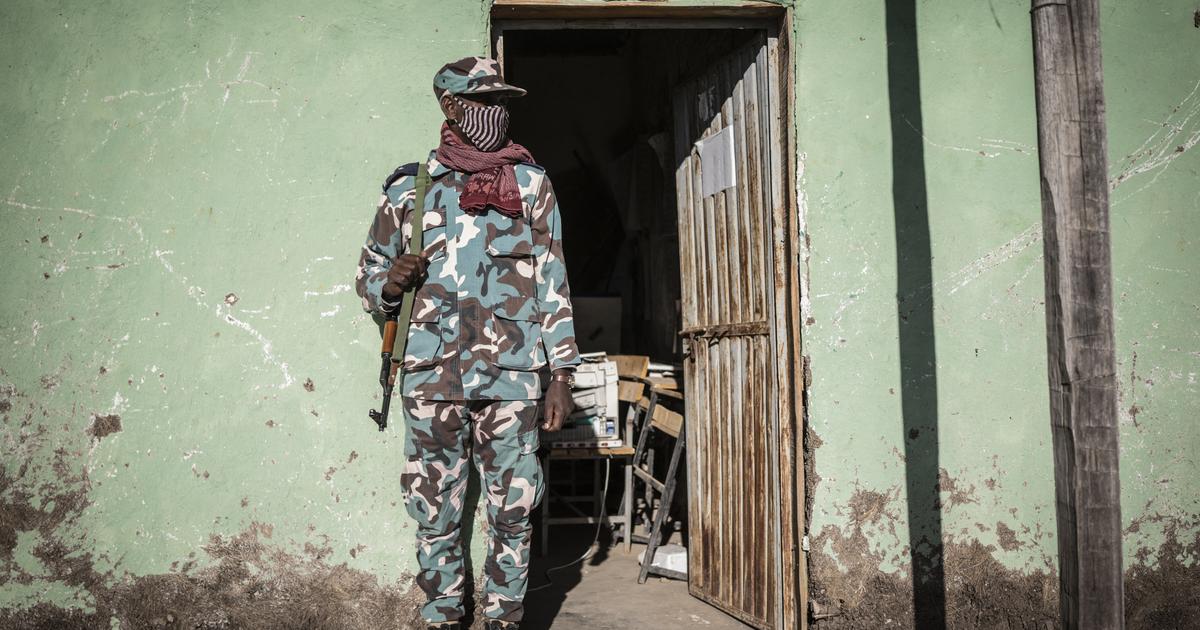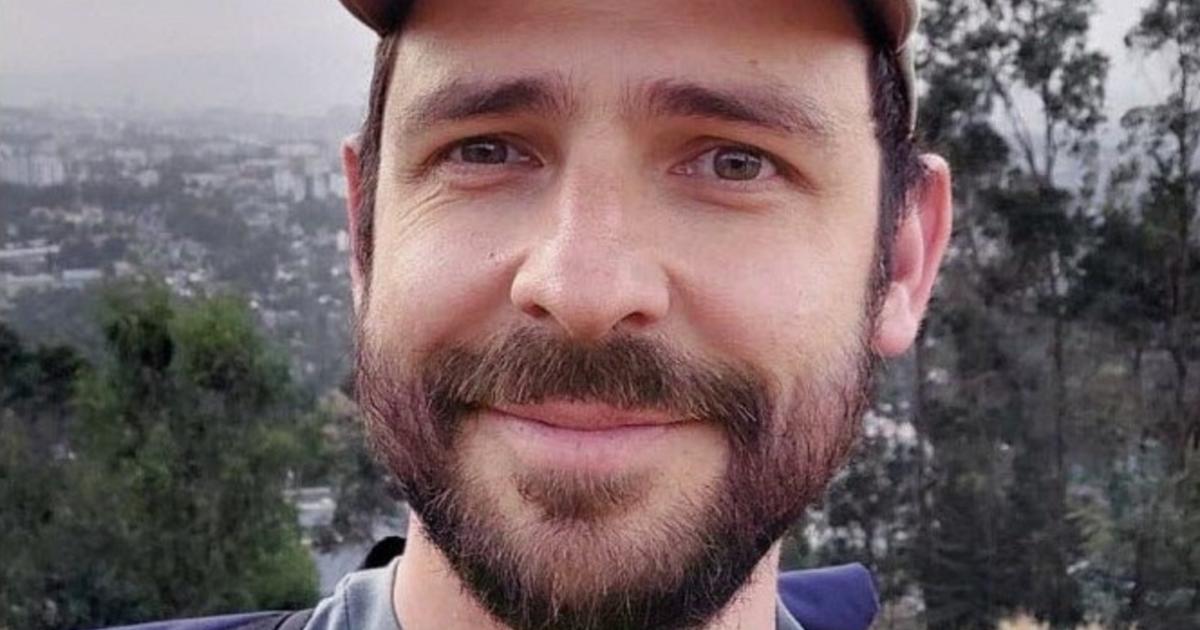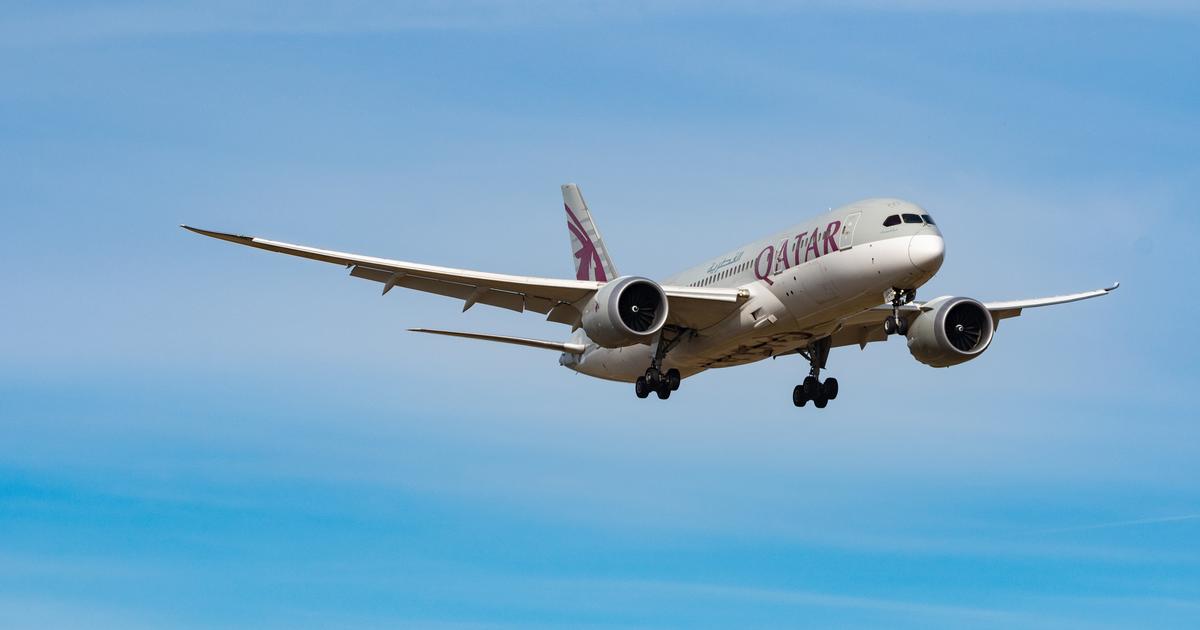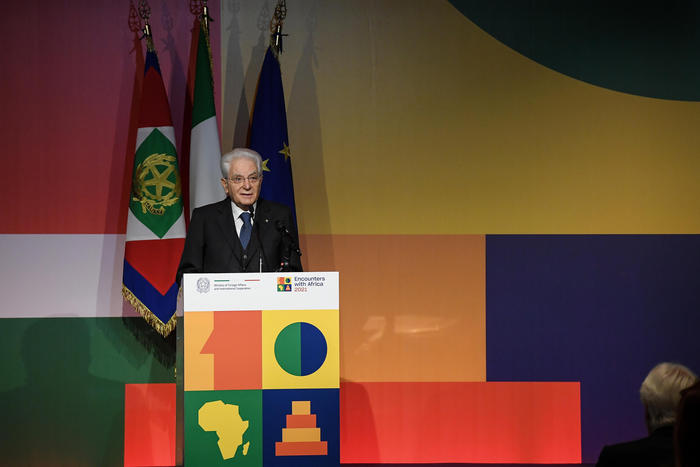Icon: enlarge
Ethiopian military near the border with the breakaway province of Tigray: "The worst would be if a constant guerrilla war ensued there."
Photo: AP
SPIEGEL:
Mr. Schlicht, there is hunger, poverty, drought, terror, flight, piracy, shaky states and a Nobel Peace Prize winner who went to war in the Horn of Africa.
Do you have the impression that Europe and the USA take the region seriously enough as a trouble spot?
To person
Icon: enlargePhoto: Last cutter
Alfred Schlicht
, 65, has a doctorate in Islamic studies from Berlin.
He spent many years as a scientist in Cairo and Beirut, as a diplomat in Sanaa and Amman, among others, where he was deputy to the German ambassador, and in Washington and Atlanta as deputy consul general.
Schlicht has written numerous books, including “History of the Arab World” and “Does Islam Belong to Germany?
Notes on a Difficult Relationship ”.
His latest work is called "The Horn of Africa - Ethiopia, Djibouti, Eritrea and Somalia: History and Politics".
Simple:
The world usually doesn't look at the Horn of Africa - only to startled when there are major outbreaks.
Little happens in the media.
If an ice cream vendor and ten of his customers are blown up in Somalia, it will not get through.
The prevailing opinion is: this is far away.
These Africans have to agree with each other.
Incidentally, this applies not only to the Horn of Africa, with Somalia, Ethiopia, Djibouti and Eritrea, but also to West Africa.
In Mali and Burkina Faso, more soldiers now die in terrorist attacks by Islamists and other fighters than in Afghanistan.
Nevertheless, the world hardly looks.
SPIEGEL:
The Africans should solve it themselves.
But who exactly could it be?
Simple:
Ethiopia, the largest country in the region, was quite successful in Somalia.
There is a new beginning of the state, which is mainly based on the Ethiopian military presence.
Addis Ababa has thousands of soldiers in the country.
Whenever it tries to withdraw, the terrorist organization Al-Shabab gains ground.
The troops are now also organizing themselves in the civilian sector, building up an economic sector that is closely interwoven with mafia-like structures.
"Ethiopia definitely wants to prevent an Islamist terror regime from establishing itself in Somalia."
SPIEGEL:
Somalia is seen as the prototype of the "failed state," a state that fails totally and ultimately collapses.
Can the country still be saved?
Simple:
There are encouraging approaches, Somaliland, for example, the northern part, is a flourishing structure with international ports and an airport, and they even want to attract tourists.
There is peace there.
But it's different in the rest of the country.
And it is not only the Islamists of Al-Shabab who cause strife, but also the clans.
Somalis hardly feel like Somalis, they are often not loyal to their state, but primarily to their clan.
You think first of its interests.
Ethiopia definitely wants to prevent an Islamist terror regime from establishing itself in Somalia.
SPIEGEL: But
now Ethiopian President Abiy Ahmed is supposed to withdraw troops.
He needs the troops to use against the stubborn Tigray region in his own country.
Icon: enlarge
Ethiopia's Prime Minister Abiy Ahmed: Nobel Peace Prize Laureate, Warlord and Hope
Photo: POOL New / REUTERS
Simply:
This is a fatal development.
Especially since yes, the Somali conflict is shining over into Ethiopia anyway.
Millions of Somali-speaking citizens live in the Ogaden area and there have been conflicts here in the past.
If the fighting in Tigray continues, it is a threat to the stability of the region - especially because Tigray in the north is not the only source of fire.
In the far west of the country there is unrest, further south fighters from the Oromo people are carrying out attacks.
They want their own state.
Should Ethiopia break up, it would be a catastrophe, with even more civil war, blood baths and enormous influx of refugees.
SPIEGEL:
The Prime Minister and Nobel Peace Prize Laureate Abiy Ahmed, who has been in power since 2018, is Oromo, his father was a Muslim, his mother a Christian.
He wants the country to be one.
Can he do it?
Simple:
Abiy Ahmed is the most important figure in Ethiopia.
He is the star of a reform process that he himself initiated.
It was brought forward by the then ruling group of the Tigray - and then developed differently than they wanted.
Abiy Ahmed has ended her dominance in the Ethiopian state.
Its most important job is to keep the centrifugal forces in the country under control.
He has to create a balance between the ethnic groups.
SPIEGEL:
The history of Ethiopia - you describe that in your book "The Horn of Africa" - seems to be a single sequence of battles between the central power and separatists.
Plain:
Historically, it was usually the case that an ethnic group ruled the country.
It was then - often after long arguments - replaced by a rebellious ethnic group.
That was never federalism in our sense.
For the first time, Abiy has to create a system in which no group feels disadvantaged.
The oppression of one ethnic group by the other must come to an end.
SPIEGEL:
But it's not going well.
Abiy is at war in the north.
The Tigray there had rebelled against Addis Ababa last year.
more on the subject
Icon: Spiegel Plus Report from Ethiopia: In the realm of fear Fritz Schaap reports from Shashemene
Conflict in Ethiopia: "I will go to the mountains and join the fighters" By Fritz Schaap
Civil war in Ethiopia: »Paradoxically, the reform process intensified the conflicts« An interview by Jan Puhl
Simple:
The Tigray themselves were the leading people for a long time.
In 1991 you had orchestrated the overthrow of the communist dictatorship and Haile Mengistu Mariam.
We make it a little too easy for ourselves when we say: Abiy has a Nobel Peace Prize and still attacks the Tigray.
One has to remember that their organization, the Tigray People's Liberation Front (TPLF), attacked government troops.
They had previously held elections against an order from headquarters in the region.
There have been bloodbaths among the ruling Amhara for which survivors have blamed TPLF-affiliated groups to Amnesty International.
Even as a Nobel Peace Prize winner, Abiy could not tolerate that.
He had to go in there.
If Tigray could break away from the Ethiopian nation-state, then this could also set an example in other regions.
SPIEGEL
: What is the way out of the conflict in Tigray?
Plain:
The worst would be if a permanent guerrilla war ensued there.
The TPLF has the experience and the weapons for such an encounter.
Abiy would have an opportunity to seek dialogue with moderate forces in Tigray.
SPIEGEL:
There have been reports of human rights violations and massacres in Tigray.
The reform process across the country has stalled.
But is Abiy still a bearer of hope?
Simple:
I think so.
The international community should support him - but it must provide incentives for him to adhere more to human rights, to restore freedom of expression, freedom of the press and democracy.
SPIEGEL:
Abiy received the Nobel Peace Prize because he ended the decades-long conflict with Eritrea.
Now it seems that Eritrean troops sometimes invade Tigray territory.
How is it that the archenemy of yore, Eritrea, Abiy even jumps up today?
more on the subject
Icon: Spiegel PlusIcon: Spiegel PlusRuler Isaias Afwerki: An audience with the bizarre President of Eritrea von Bartholomäus Grill
Plain:
Today's Eritrea once fought the communist regime in Addis Ababa with the TPLF.
They were rewarded with independence for this, but then they had developed a little too much independence for the taste of the TPLF.
The Ethiopian-Eritrean War from 1998 to 2000 was then actually a war between Eritrea and the TPLF.
Abiy's main opponent today is also the TPLF - in this respect there is an equality of interests between the Ethiopian and Eritrean governments.
SPIEGEL:
Eritrea is known as the North Korea of Africa.
In which direction is this country developing?
Plain:
It's not as repressive as North Korea.
It is not uncommon for people who have fled Eritrea to return only a little later as visitors.
Those who do not express themselves politically are left alone.
There is this infamous twenty year military-style service that drives many to flee.
But qualified young people in particular often only have to do it for two years.
However, one shouldn't gloss over the country either: it's not a democracy, and the people there won't get rich either.
SPIEGEL:
Will it stay that way, or will a reform movement grow up there one day?
Simple:
I don't see that for the time being.
Of course, the economic situation is not good, the Chinese and a Jordanian pharmaceutical company are investing there, albeit on a relatively modest scale.
Western companies mine natural resources.
Icon: enlarge
Ethiopia's Nile dam under construction: »For the Ethiopians, the dam is now much more than a hydroelectric power station.
It is a prestige project «
Photo: - / AFP
SPIEGEL:
The Nile dam that Ethiopia is building is a bone of contention in the region.
This has been negotiated for years without a result.
Can we still prevent an open dispute about it?
Plain:
For the Ethiopians, the dam is now much more than a hydroelectric power station.
It is a prestige project; it is the largest item in the state budget, next to the military.
China has borrowed heavily for it.
Of course, this severely restricts the flexibility of the Ethiopian side in negotiations.
That will remain a problem.
Addis Ababa is already filling the reservoir.
The Egyptians are furious, and the new Sudanese unity government - under the influence of the USA - is also against the dam.
A way out is hardly in sight.
more on the subject
Djibouti: How China is changing one of the smallest countries in AfricaBy Dietmar Pieper
SPIEGEL:
What role does Djibouti, the fourth country in the Horn of Africa, play in the complicated structure of the region?
Simple:
Djibouti is small, barely a million inhabitants.
60 percent of them are Somalis, 40 percent belong to the Afar people who also live in Eritrea and Ethiopia.
There were already ethnic conflicts and tensions with the neighbors there too.
On the other hand, the country is very important to the great powers - and it turns out well with everyone: there is a Chinese military base there, an American one and a French one.
Japanese, Italian and German troops are stationed there, hunting pirates from Djibouti.
Djibouti has a very large port of great strategic importance, also for Ethiopia.
The country does not live badly like this.
Icon: The mirror








